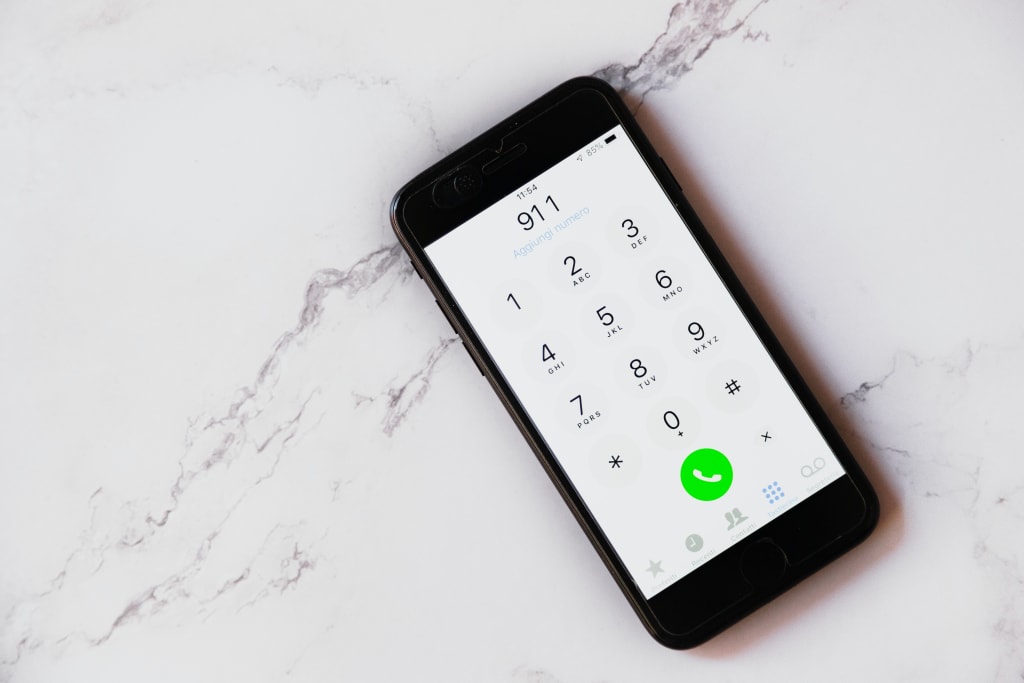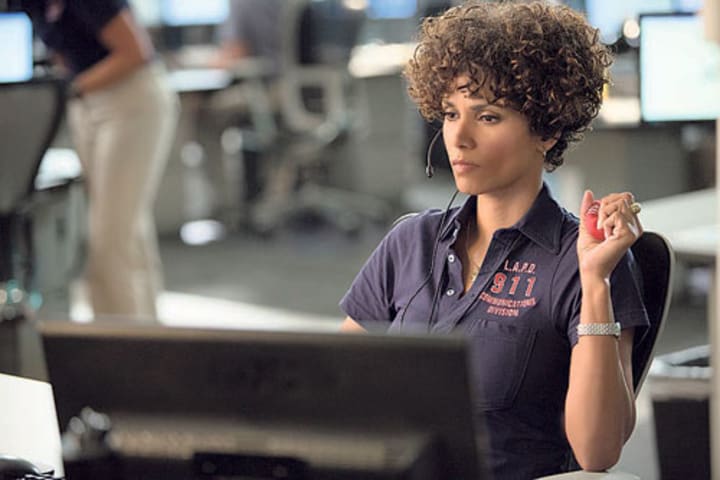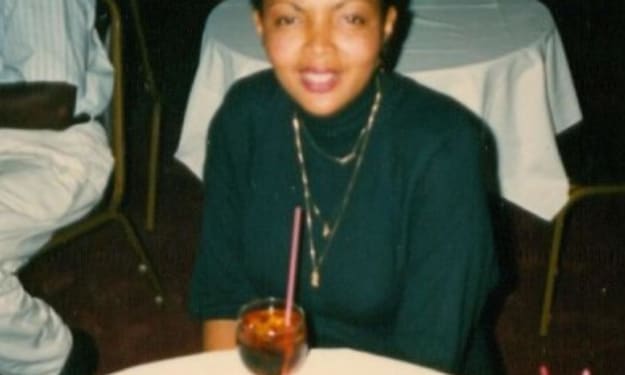The Top 5 Myths of Calling 911 That May Kill You or Your Loved One
Follow these tips if you want to save a life

It is a job full of scandals, secrets, and stress. In this job, you will interact with the masses in high crisis situations and talk to them at the most difficult times in their lives. Some think that we talk to old ladies about cats. Some feel like we can solve crimes in a single phone call.
However, it is undeniable that 911 Dispatchers or Communication Officers have one of the most misunderstood jobs. Movies like The Call with Halle Berry solving the case of the serial killer perpetuate even more misunderstandings about what it is dispatchers do.
Like most jobs, there are misconceptions based on public perception and ignorance of what goes into the job. In life or death scenarios, that ignorance can possibly end a life, or make it increasingly difficult to render help.
I am going to dispel common myths that the general public believes. I will shed light on the truths that will not only help those get the best aid but understand the complex world of being an invisible officer.
Myth #1: 911 Communications Officers can pinpoint your location no matter what.
This is the most common misconception that I encountered. This is a COMPLETELY false. The system that most 911 centers use is Ani/Ali. On calls, dispatchers see the address of where you are calling from the name of the business. It also shows up the phone number and the name that is associated with the phone number.
The FCC (Federal Communications Commission) estimates that over 70 percent of 911 calls are made with cell phones. This can pose a problem because Ani/Ali gets a hit on a cell phone the same way as a landline phone. However, cell phones in a way trick the system.
Cellular phones don’t tell us your location. Instead, Ani/Ali is given the location of the closest tower in your specific network. Many of the people that call can’t properly communicate their addresses. What’s worse, they don’t feel that they have to. This can be deadly. If a Communication Officer only has a partial address and a caller is using a cellular device. That disadvantage can mean the difference between life and death.
How does one overcome that problem? Easy. Know the exact addresses of the places that you frequent the most. This sounds elementary, but you would be surprised how many adults don’t know the name of the apartment complex that they have been living in for years or the name of the convenience store that they go to every morning before work.
I have even encountered people that don’t know the address of their jobs. Some of these same people have been on the jobs for years. So suffice it to say, the first way to get help as quickly as possible is to know where you are and how to relay that to the Communications Officer if needed.
Myth #2: When you call 911 you get the exact people that you need.
As great as this may sound. This is also false. Most of the calls that I get as a Communications Officer have to be transferred. Why is that? Well, if you recall the first myth, your phone doesn’t always tell me your location. On the contrary, since your cell phone gives the system the location of the closest tower, and not your physical location, that tower may be in the wrong jurisdiction.
For example, if you live in the city of East Point, GA and the closest tower in your network is in College Park, GA, then the 911 dispatchers in College Park have to spend valuable time trying to figure out where you are. This is especially difficult if you don’t know yourself. Also, they have to figure out the correct jurisdiction to connect you to. Though dispatchers are highly trained most are only familiar with locations in their own jurisdiction.
I can’t stress this enough. Know where you are so that you may advise dispatch. He or she may not know where to transfer you without being told. You can find your jurisdiction by calling 911 and doing what is called a location check. If the operator says that you have the right place, no further action is taken.
However, if they tell you that you have not called the right place, inquire about the correct precinct for emergency calls. Yes, you can get transferred on 911. If that fails, or for whatever reason the operators can’t figure out where you are, call surrounding jurisdictions and have them transfer you to dispatch.
Repeat the location check. Once you figure out the correct jurisdictions remember it. If you know that your cell phone connects you to the neighboring jurisdiction when you call, you must remember to tell the operator that immediately to avoid delays in emergency situations.
Myth #3: The Police will be there immediately.
This, though it sounds like it should be true, most definitely is not. Picture this. You call frantic and scream that a man with a gun is actively gaining entry into your home. If the dispatchers were to say to you, “Sorry, you have to wait in line,” that could mean your life.
Dispatching calls is not like handling a line in a department store. There is no such thing as first come first served in dispatching. Some calls are just more important than others. Yes, we care about all of the people that call in need of our help. However, there are some situations that will require a great deal of attention and possibly delay the responses to non-emergency calls.
If you call about your stolen vehicle and are not in imminent danger, the scared woman that has locked herself in her bathroom with an intruder in her home will get priority. Even if an officer is en route to you, they will go to her call first. This is the only way to ensure citizen safety when dangerous situations occur.
However, your call will be answered as soon as imminent threats are no longer an issue.

Myth #4: Dispatchers only answer phones.
I used to laugh at my family and friends that thought I only talked on the phone all day. That would be ideal if that were the case, but this job description only exists in my dreams.
Dispatchers are an officer’s greatest asset. We are the ones that run the tags, and license numbers when they are on traffic stops. We put on warrants, clear warrants, and even relay if wanted subjects are armed and dangerous based on the information that we get from the criminal databases.
If an officer is on a call and stops responding to radio traffic, it is our job to track him or her down and get another unit to their aid as soon as humanly possible. At any given time, we are monitoring four computer screens with varying information that all require constant attention. We are not phone operators or clerks.
We are communications officers that are highly trained and invaluable to the police and fire department. Without us, officers and firefighters would not know where to go. We are their first line of defense to every single call that they go on.
Myth #5: You don’t have to tell us vital information, because we should just — know.
Do you know how many times I got calls from citizens screaming, I NEED AN AMBULANCE, only to hang up? Too many damn times. they don’t give the reason why, location, nothing. They want me to pull a crystal ball out of my ass and go to work.
I have a whole list of questions that I am only asking to save a life and people will get frustrated, scream to get someone here, and hang up in my face. Here’s the thing, 99 percent of medical calls only need to get there within 8 minutes. That is the standard time.
If you don’t tell me that a person can’t breathe and is turning blue, I won’t know to get them there in less time than that. Also, if you don’t ever give me the location and you’re calling from a cell phone, no one will show up.
You don’t even have to remember everything. The questions that I ask will give me all of the needed info if you bother to stay on the phone with me. Hang up, and you very well may be planning an unexpected funeral.
The Takeaway
You have to give us your location. You have to tell us the exact emergency. You have to answer questions. You may have to wait for a unit. If any of these things will cause you to lash out and curse us out, hang up, and handle the situation alone. We have to get to people that actually want us to help.
Keep these things in mind if you ever have to call 911. And, if you know a dispatcher shoot him/her a gift card or something nice. It is a thankless job that we don’t have the time or resources to go to therapy over.
About the Creator
Sherrell Writes
I am a new freelancer who is documenting her journey for others that feel like they have no idea what they're doing.






Comments
There are no comments for this story
Be the first to respond and start the conversation.